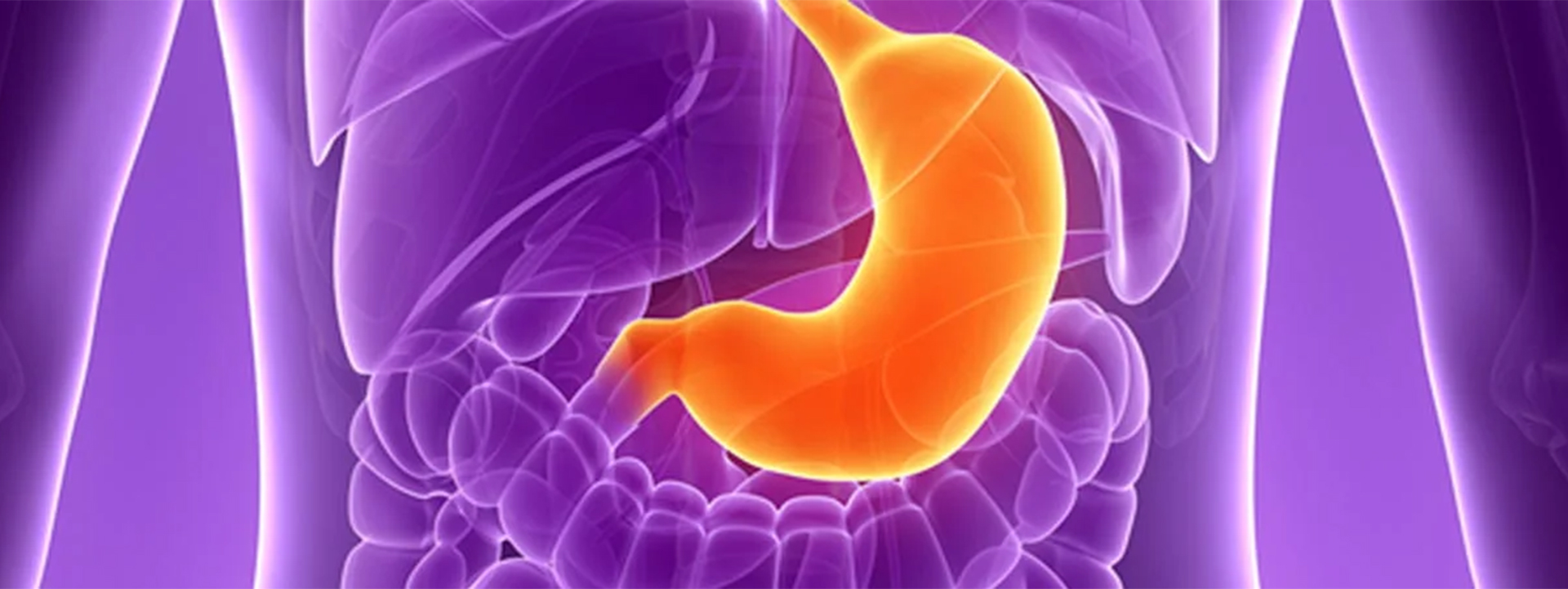
Stomach Cancer
Stomach cancer, also known as gastric cancer, is a type of cancer that develops in the lining of the stomach. It is a relatively uncommon cancer but can be serious and life-threatening if not detected and treated early. Stomach cancer often does not cause symptoms in its early stages, making it difficult to diagnose. Understanding the causes, symptoms, diagnosis, and treatment options for stomach cancer is crucial for early detection and effective management.
Causes of Stomach Cancer
The exact cause of stomach cancer is often unknown, but several factors may increase the risk, including:
- Infection with Helicobacter pylori (H. pylori) bacteria, which can cause inflammation and damage to the stomach lining
- Long-term inflammation of the stomach (gastritis) or stomach ulcers
- Smoking tobacco or exposure to secondhand smoke
- Heavy alcohol consumption
- A diet high in salty, smoked, or pickled foods
- A diet low in fruits and vegetables
- Obesity or being overweight
- Family history of stomach cancer or certain genetic syndromes, such as hereditary diffuse gastric cancer (HDGC)
- Previous stomach surgery or certain medical conditions, such as pernicious anemia or gastric polyps
Symptoms of Stomach Cancer
Stomach cancer may not cause any symptoms in its early stages, but as the cancer grows, it may cause:
- Unexplained weight loss
- Loss of appetite
- Abdominal pain or discomfort, especially in the upper abdomen
- Feeling full or bloated after eating small amounts
- Nausea or vomiting, especially after eating
- Difficulty swallowing or feeling like food is getting stuck in the throat
- Indigestion or heartburn
- Fatigue or weakness
- Black or bloody stools
- Yellowing of the skin and eyes (jaundice)
Diagnosis of Stomach Cancer
Diagnosing stomach cancer typically involves a combination of medical history review, physical examination, and diagnostic tests, including:
- Upper endoscopy (esophagogastroduodenoscopy or EGD) to examine the inside of the stomach and obtain tissue samples for biopsy
- Imaging tests such as CT scan, MRI, or PET scan to determine the size and extent of the cancer
- Blood tests to assess overall health and look for signs of cancer, such as tumor markers
- Endoscopic ultrasound (EUS) to evaluate the depth of tumor invasion and nearby lymph nodes
Treatment Options for Stomach Cancer
Treatment for stomach cancer depends on various factors, including the stage, grade, and location of the cancer, as well as the patient's overall health and preferences. Treatment options may include:
- Surgery to remove part or all of the stomach (partial or total gastrectomy)
- Chemotherapy to kill cancer cells or shrink tumors before or after surgery
- Radiation therapy to destroy cancer cells or relieve symptoms
- Targeted therapy to attack specific molecules or pathways involved in cancer growth
- Immunotherapy to boost the body's immune system to recognize and attack cancer cells
- Palliative care to relieve symptoms and improve quality of life for advanced or metastatic cancer
If you or a loved one have been diagnosed with stomach cancer or have concerns about your risk, our team of experts is here to help. Contact us today to schedule